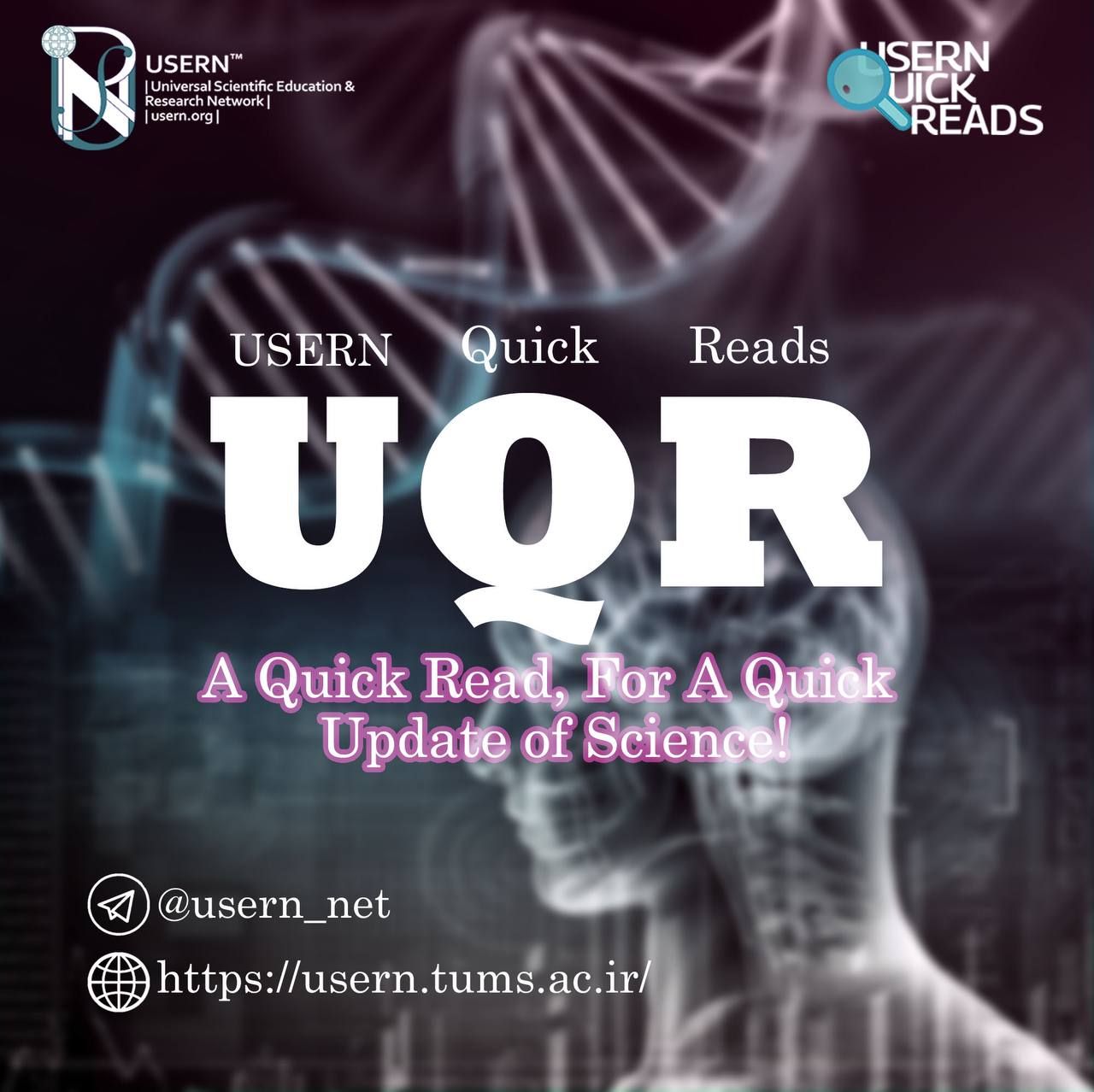Quick Reads
Organizational and Humanitarian Work Requires More Academic Scales

What can make humanitarian work more prosperous?#2021#18
Organizational and Humanitarian Work Requires More Academic Scales
Organizational and humanitarian collaborative work is a very active and a well branched sector. During war crisis, conflict times, and many other emergencies, many humanitarian aid workers and agencies intervene to establish a better situation for those who are classified as in need of humanitarian support. This can range from the most basic sanitizing kit to psychosocial support and protective activities, and to the most complex legal and medical intersections.
In the aim of developing, any scope of work, evaluation and assessment comes out as an important step in management. In a governmental or a non-governmental organization, a learning and evaluation and monitoring office conducts regular evaluations and assessments for all of the ongoing projects and work. At some points when specialty is needed, special consultancies are bid and second professional opinion is requested.
An academic researcher will find it difficult to adapt a qualitative or quantitative methodology to any design conducted. Not only because sometimes the humanitarian field does not support foundational methodological designs of high evidence but also because transcultural contexts force a certain reality that hinders many core components of a study for a researcher; like objectivity, variable control, and many other.
The growing number of refugees and immigrants from conflict zones brings many mental health concerns to the spotlight. The load of psychological burden and humanitarian suffering does not allow adequate measurement of required outcomes. If MOCA (Montreal Cognitive Assessment) testing (to be taken as an example being a very widespread assessment technique example and being one of the gold standard scales for cognitive screening), it will be difficult for war refugee children who have not accessed proper learning even for an adapted scale to score above the cut off score even when they do not suffer from any cognitive disability or mild concern. This gap is said to be “lacking transcultural approach” (Wylie, 2018). This is different from the test procedure adaption. This gap assessment is the result of the incapability of a regular medical assessment context to encompass co-morbid features carried by war which affect the direct outcome assessed by the test.
One might say, this is a differential diagnosis matter that can be solved by further assessment yet it should be highlighted that tests scoring whether for screening or assessment is representative and decision making especially when screening for trials and interventional studies.
The matter of adapting academic/medical assessment scales for humanitarian context should be re studied and reestablished to fill the gap in the fundamental understanding of humanitarian interventions evaluation and research consultancies in similar fields. As in to say, adapting a test from an international context requires more insight on factors addressing the diversity of context not only the diversity of sample and population characteristics even when all context hold the same aim (JN., 2004).
Of course, there is a greater need for culturally responsive practice with war-affected refugee children and families that accounts for the diversity and heterogeneity of their needs and lived experiences but evaluation and assessment tools should be grounded to suit behavioral requirements in behavioral studies on the first hand, and war flee refugees on the other (Shevell, 2019).
If it is to be summarized, humanitarian work should be after the millennia it has covered and milestone it has shaped our world in, held accountable in literature that is more academic. (Tan YS, 2015). It is seen as so in the eyes of the author because the economic, political, and realistic strength it has been able to make has started to demand more than one dimension of professional planning but more of academic evidence dimension that can extend the efficacy of its work and facilitate humanitarian science road as well.
By: Sara A.Makka
The UJA of Lebanon
References:
JN., B. (2004). Personality assessment without borders: adaptation of the MMPI-2 across cultures. . J Pers Assess, 90-104.
Shevell, M. D. (2019). Social work practice with war-affected children and families: the importance of family, culture, arts, and participatory approaches, Journal of Family Social Work. 22:1,1-16.
Tan YS, v. S. (2015). Humanitarian assistance and accountability: what are we really talking about? . Prehosp Disaster Med, 264-70.
Wylie, L. V. (2018). Assessing trauma in a transcultural context: challenges in mental health care with immigrants and refugees. Public Health Rev , 39, 22.
